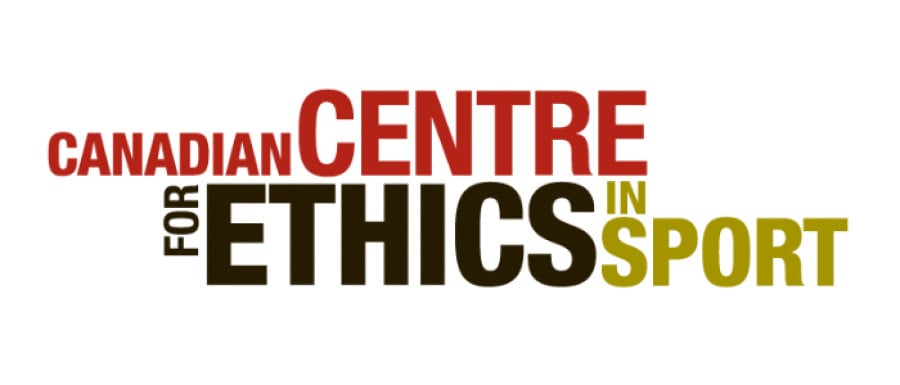Alpine skier reprimanded for presence of methylphenidate
Press Release
This article is written in English with a French translation underneath.
28 July 2016 – The Canadian Centre for Ethics in Sport (CCES) announced today that Emma Woodhouse, an alpine skier, has committed an anti-doping rule violation and has received a sanction of a reprimand. The athlete’s urine sample, collected during in-competition doping control on March 28, 2016, revealed the presence of methylphenidate, a prohibited stimulant.
Methylphenidate is classified as a “specific substance” on the World Anti-Doping Agency Prohibited List, banned in-competition. Under the rules of the Canadian Anti-Doping Program (CADP), an athlete facing a first violation involving a “specified substance” can seek to have the sanction reduced to a reprimand. Based on factors assessed, including the athlete's degree of fault, the CCES proposed a sanction of a reprimand and no period of ineligibility.
In response to the CCES’ notification of the adverse analytical finding, Ms. Woodhouse waived her right to a hearing, acknowledged the anti-doping rule violation, and accepted the sanction of a reprimand proposed by the CCES.
In compliance with rule 7.10 of the CADP, a copy of the CCES’ file outcome summary can be found at: https://cces.ca/sites/default/files/content/docs/pdf/cces-case-fileoutcomesummary-3908884-e.pdf.
The CCES is an independent, national, not-for profit organization with a responsibility to administer the CADP. Under the CADP rules, the CCES announces publicly every anti-doping rule violation. We recognize that true sport can make a great difference for individuals, communities and our country. We are committed to working collaboratively to activate a values-based and principle-driven sport system; protecting the integrity of sport from the negative forces of doping and other unethical threats; and advocating for sport that is fair, safe and open to everyone.
Présence de méthylphénidate dans l’échantillon d’une skieuse alpine
le 28 juillet 2016 – Le Centre canadien pour l’éthique dans le sport (CCES) vient d’annoncer qu’Emma Woodhouse, une skieuse alpine, a commis une violation des règles antidopage et a reçu comme sanction une réprimande. Cette violation a été découverte lorsque l’analyse d’un échantillon d’urine recueilli durant un contrôle de dopage en compétition le 28 mars 2016 a révélé la présence de méthylphénidate, un stimulant interdit.
Le méthylphénidate est classé à titre de « substance spécifique » sur la Liste des interdictions de l’Agence mondiale antidopage. En vertu des règles du Programme canadien antidopage (PCA), un athlète qui commet une première violation dans le cas d’une « substance spécifique » peut demander que sa sanction soit réduite à une réprimande. Après avoir analysé les facteurs, y compris le degré de gravité de la faute commise par l’athlète, le CCES a proposé comme sanction à son encontre une réprimande sans période de suspension.
En réponse à l’avis du CCES concernant ce résultat d’analyse anormal, Mme Woodhouse a renoncé à son droit à une audition, a reconnu la violation aux règles antidopage et a accepté comme sanction la réprimande proposée.
Conformément à la règle 7.10 du PCA, Partie C, une copie de la lettre dans laquelle le CCES énonce les motifs de sa décision est publiée à l’adresse suivante : https://cces.ca/sites/default/files/content/docs/pdf/cces-case-fileoutcomesummary-3908884-f.pdf.
Le Centre canadien pour l’éthique dans le sport est l’organisme national indépendant et à but non lucratif responsable de l’administration du Programme canadien antidopage. En vertu des règles du PCA, le CCES est tenu de rendre publique toute violation aux règles antidopage. Nous reconnaissons que le sport sain peut faire une grande différence pour les individus, les collectivités et notre pays. Nous avons pris l’engagement de travailler en collaboration avec d’autres organismes à promouvoir un système de sport basé sur des valeurs et animé par des principes, à protéger l’intégrité du sport des forces négatives du dopage et d’autres menaces non éthiques et à défendre le sport juste, sécuritaire et ouvert à tous.




